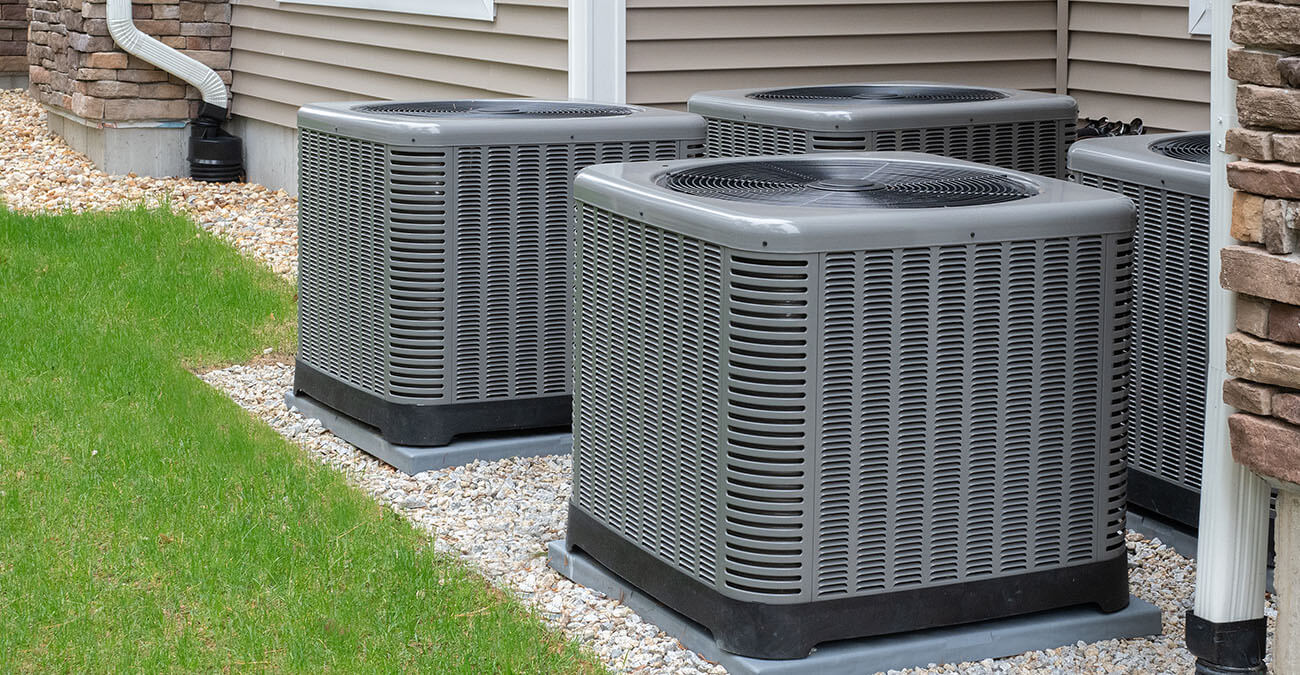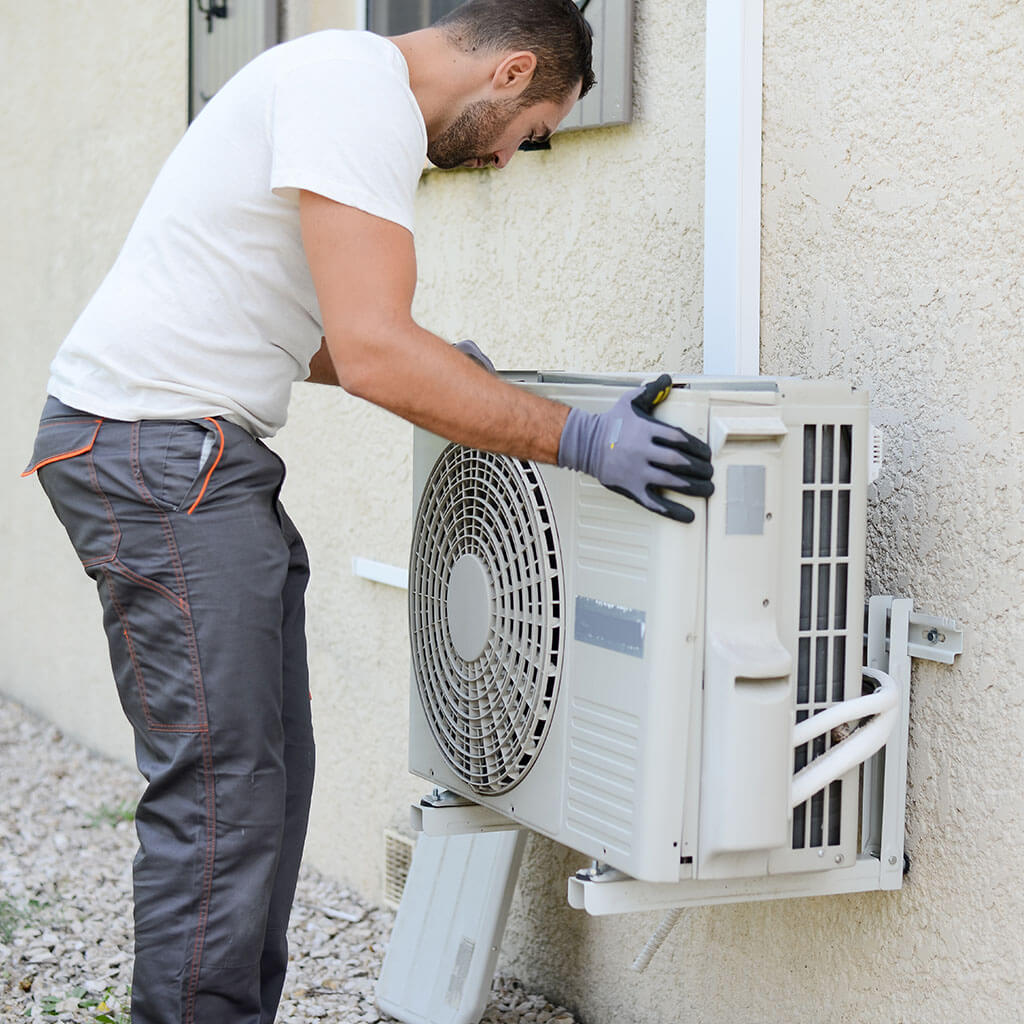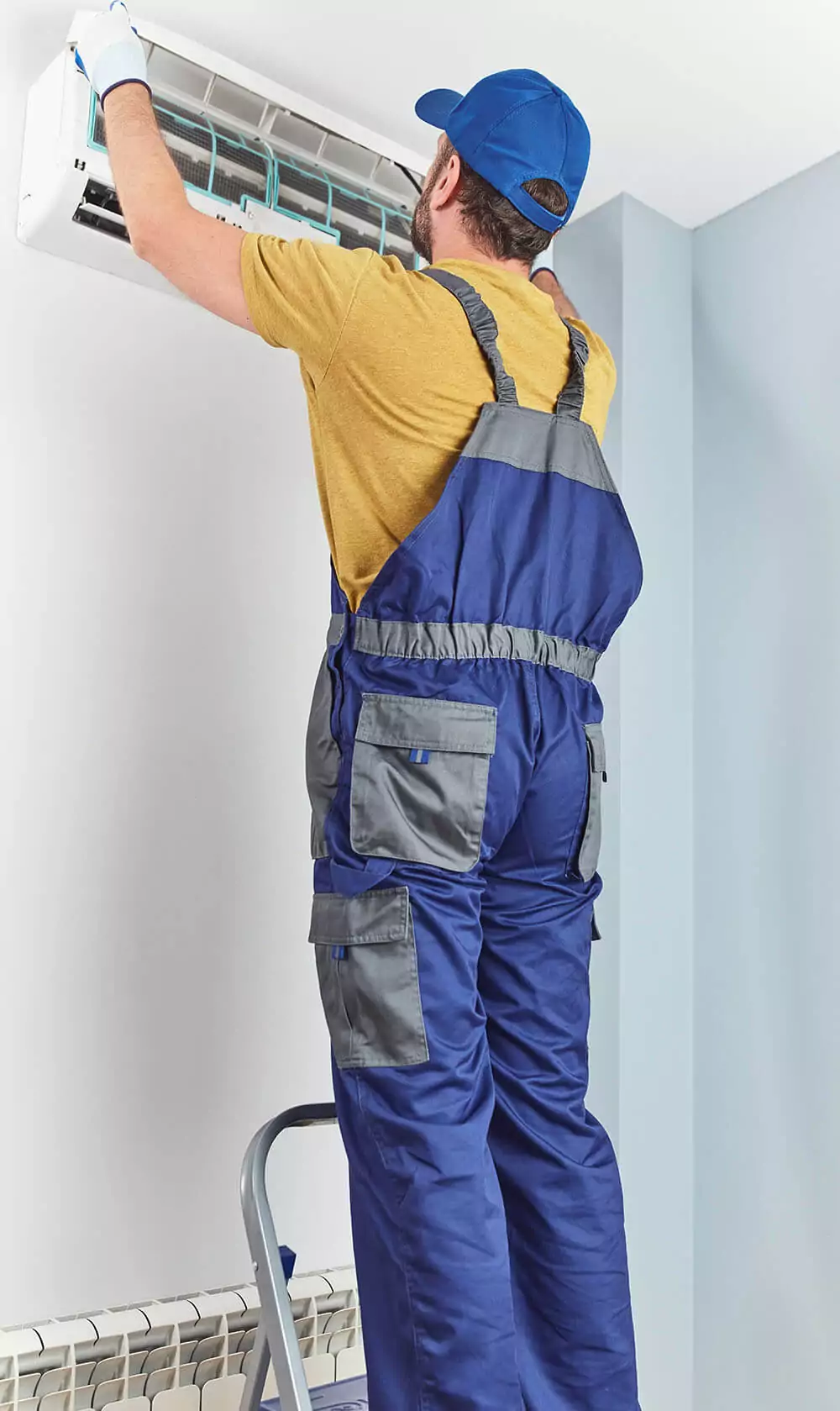
The condenser is a crucial part of your air conditioning system. It's responsible for releasing the heat that's been extracted from your home's interior. Over time, dirt, dust, and other debris can build up on the condenser coils, reducing its efficiency and potentially causing more serious problems.

Why is it important to clean the condenser?
- Improves energy efficiency: A clean condenser allows heat to dissipate more easily, reducing energy consumption.
- Extends equipment life: Buildup can damage the compressor and other system components.
- Prevents breakdowns: Regular cleaning helps detect and fix minor issues before they become costly breakdowns.
- Improves performance: A clean condenser ensures faster, more efficient cooling.
How to clean a condenser?
Condenser cleaning should be performed by a qualified technician. However, you can follow these basic tips:
- Turn off the unit: Before starting, make sure the air conditioner is turned off and unplugged.
- Clear the area: Clear the area around the outdoor unit, removing leaves, branches, and other debris.
- Use a pressure washer: A technician will use a pressure washer to remove dirt and debris from the coils.
- Inspect other parts: During cleaning, the technician may also inspect other parts of the outdoor unit, such as the fan and electrical connections.

How often should I clean the condenser?
The frequency of condenser cleaning depends on several factors, such as the environment (urban or rural), the number of trees and plants nearby, and climatic conditions. It's recommended to clean the condenser at least once a year, preferably before the start of the warm season.
What happens if I don't clean the condenser?
If you don’t clean your condenser regularly, you may experience the following problems:
- Reduced airflow: Dirt clogs the coils, making it difficult for heat to dissipate.
- Increased pressure: Heat buildup can increase pressure within the system, which can damage the compressor.
- Excessive energy consumption: The unit will work harder to cool the environment, resulting in higher energy costs.
- Reduced lifespan: Dirt and debris can corrode metal parts of the system.
